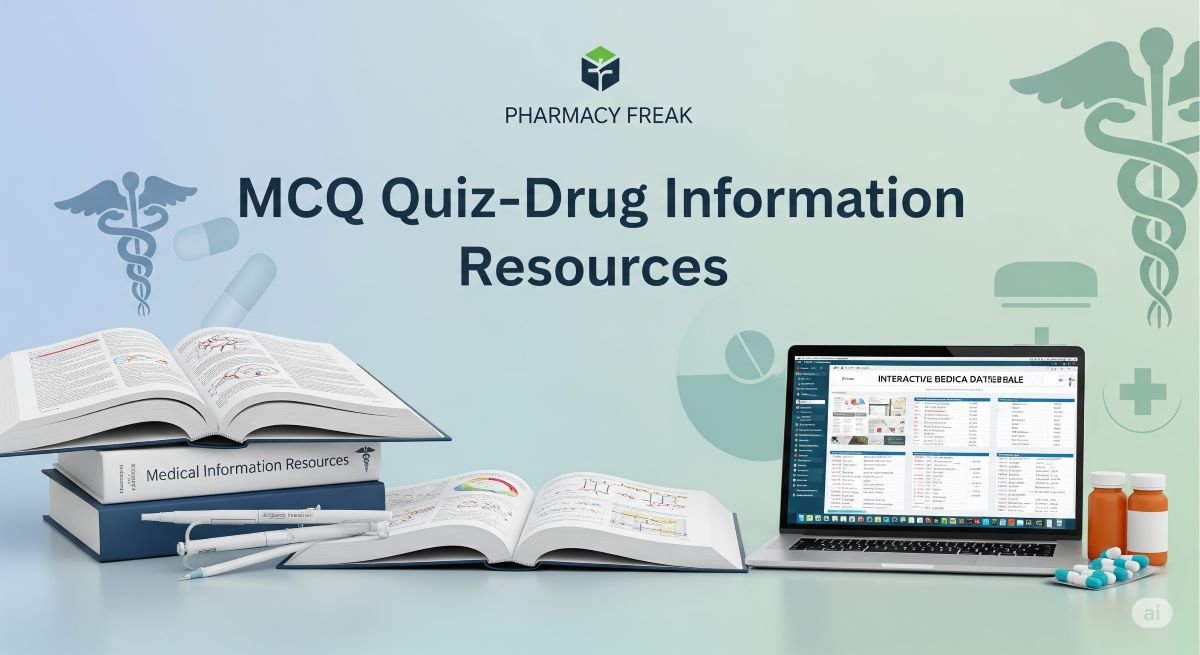

Mastering MCQs on Complex Patient Care
Patient Care VIII: Complex Patients is all about managing the toughest cases you’ll face as a pharmacist. These are the patients with multiple chronic diseases, complicated medication regimens, and unique needs that go far beyond standard care. The MCQs for this topic are designed to push your critical thinking and decision-making skills to the next level.
What’s Covered in Patient Care VIII: Complex Patients?
This stage of pharmacy education focuses on patients with overlapping conditions—think diabetes plus heart failure, or COPD with kidney disease and depression. You’ll learn to balance treatment priorities, prevent drug interactions, adjust doses for organ dysfunction, and work with diverse healthcare teams. Expect to dive into case studies where no single guideline fits, and individualized care is essential.
What Will Patient Care VIII MCQs Test?
Core Focus Areas
Multi-Morbidity Management:
MCQs often require you to develop care plans for patients with several chronic diseases, considering how each condition and medication affects the others.Polypharmacy and Deprescribing:
You’ll see questions about identifying unnecessary medications, preventing adverse effects, and safely tapering drugs that are no longer needed.Therapeutic Prioritization:
Expect scenarios where you must choose which problem to address first, especially when goals of care might conflict or resources are limited.Dose Adjustments and Monitoring:
Some questions will ask how to modify treatments for renal or hepatic impairment, monitor for toxicity, or handle high-risk medications.Interprofessional and Patient-Centered Care:
MCQs may focus on communication within healthcare teams, coordinating with specialists, and supporting patients and families through difficult decisions.
Why These MCQs Matter
Here’s what’s real: complex patients are the norm, not the exception, in pharmacy practice today. Mastering these MCQs isn’t just about passing an exam—it’s about learning to think flexibly, work collaboratively, and deliver safe, effective care to those who need it most.
Tips for Success with Complex Patient MCQs
1. Take a Stepwise Approach:
Start by listing the patient’s major problems, then map out which should be tackled first based on safety and urgency.
2. Watch for Drug Interactions:
Look closely at every medication on the list—especially for high-alert drugs, duplications, or combinations that raise risk.
3. Adjust for Organ Function:
Renal and hepatic impairment change everything. Always check if a dose adjustment or drug substitution is needed.
4. Emphasize Communication:
If the question involves the care team or the patient’s preferences, prioritize answers that support shared decision-making.
5. Think Beyond Guidelines:
In real life, guidelines are just a starting point. The best MCQ answers often reflect a personalized, flexible approach to care.
Building Real-World Clinical Judgment
Patient Care VIII: Complex Patients MCQs help you develop the sharp, adaptable thinking that today’s pharmacy practice demands. Use every question as a chance to stretch your problem-solving muscles—and get ready for the complex realities you’ll face in the clinic and beyond.



























